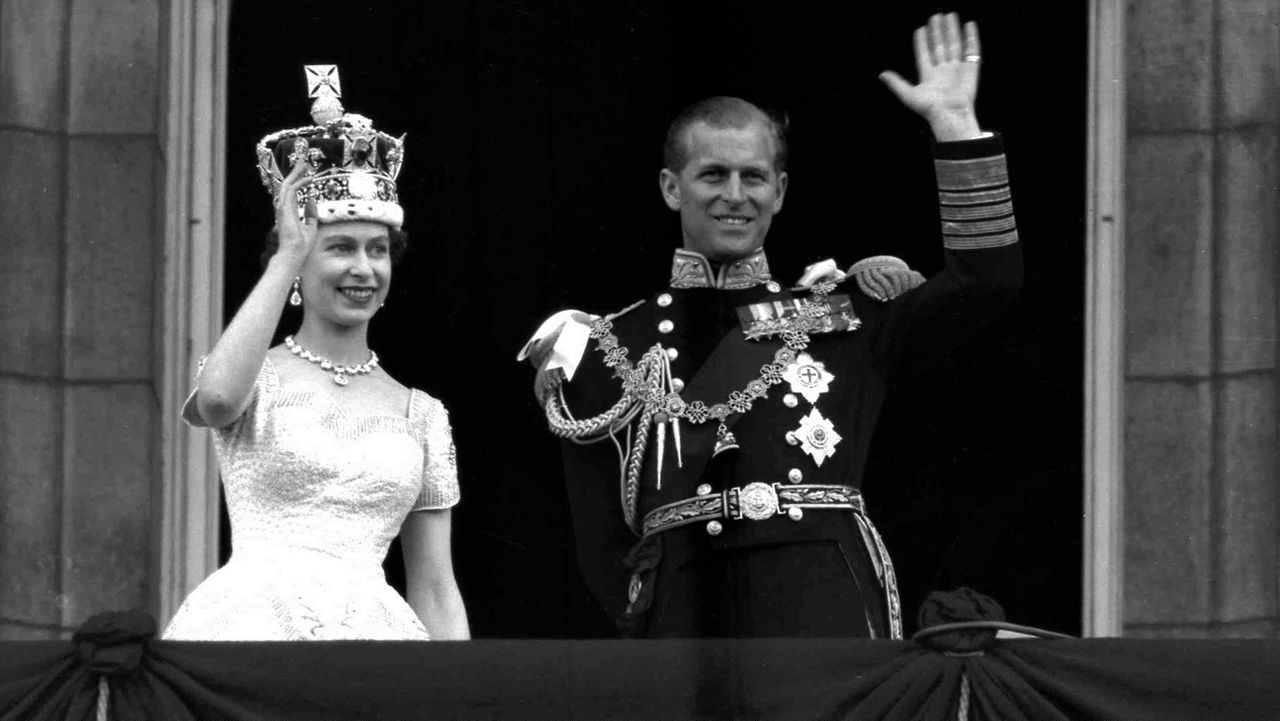Today, the world celebrates a significant milestone in the life of a prominent figure in European royalty. The Head of the House of Bourbon-Parma, Carlos Hugo, has reached the age of 70, marking a remarkable achievement in his life. Born on April 8, 1954, Carlos Hugo has been a prominent figure in European royal circles, known for his dedication to his family and his heritage.
As the eldest son of Infante Juan, Count of Barcelona, Carlos Hugo is a direct descendant of King Alfonso XIII of Spain. His family’s rich history and legacy have played a significant role in shaping his life and values. With his 70th birthday, Carlos Hugo’s life is a testament to the enduring power of family and tradition. As he continues to serve as the head of his house, his dedication to his heritage and his people is a beacon of hope and inspiration for those who follow in his footsteps.
what are some key milestones in the life of the head of the house of Windsor

Key milestones in the life of the head of the house of Windsor include:
- April 21, 1926: Born Princess Elizabeth Alexandra Mary in Mayfair, London, the first child of the future King George VI and Queen Elizabeth, later called the Queen Mother.
- Dec. 10, 1936: Elizabeth becomes heir-apparent to the throne after her uncle King Edward VIII abdicates and her father becomes king.
- Oct. 13, 1940: Elizabeth makes her first public speech at age 14 on the BBC Children’s Hour to reassure children who had been separated from their parents during the Blitz.
- 1945: Elizabeth is made a Subaltern in the Auxiliary Territorial Service, serving for Britain during World War II.
- Nov. 20, 1947: Elizabeth marries Prince Philip Mountbatten of Greece and Denmark at Westminster Abbey.
- Feb. 6, 1952: Elizabeth becomes queen upon the death of her father George VI.
- June 2, 1953: Crowned in a grand coronation ceremony at Westminster Abbey. She sets out on a tour of the Commonwealth, visiting places including Bermuda, Fiji, Tonga, Australia, and Gibraltar.
- Feb. 19, 1960: Elizabeth’s third child, Prince Andrew, is born.
- March 10, 1964: Elizabeth’s fourth child, Prince Edward, is born.
- May 1965: Elizabeth makes a historic visit to West Germany, the first German visit by a British monarch in 52 years.
- 1977: Elizabeth celebrates her Silver Jubilee, which marks 25 years on the throne.
- 1992: Elizabeth has what she describes as an “annus horribilis,” or a “horrible year.” The year sees marriages for three of her four children end. Also that year, a fire damages Windsor Castle. Public outcry over the cost of repairs amid a recession prompts the queen to volunteer to pay income taxes.
- Aug. 31, 1997: Princess Diana dies in a car crash in Paris. Under public pressure to demonstrate her grief, Elizabeth makes an unprecedented television broadcast in tribute to Diana’s memory.
These milestones highlight significant events in the life of Queen Elizabeth II, who served as the head of the house of Windsor for over seven decades.
what were some significant events in Queen Elizabeth II’s reign
Queen Elizabeth II’s reign, spanning from 1952 to 2022, was marked by numerous significant events that shaped the world. Here are some notable milestones:
- Ascension to Throne and Coronation (1952, 1953): Elizabeth became queen after her father’s death and was crowned in a ceremony broadcast live on television.
- First Commercial Jet Service (1952): The world’s first commercial jet service began, revolutionizing air travel.
- Polio Vaccine (1955): Jonas Salk’s polio vaccine was declared safe and effective, leading to significant biomedical advancements.
- Sputnik 1 Launch (1957): The Soviet Union launched the first artificial Earth satellite, marking the beginning of the Space Age.
- Birth Control Pill (1960): The U.S. FDA approved the first commercially produced oral contraceptive, providing greater reproductive freedom.
- Apollo 11 Moon Landing (1969): Astronauts Neil Armstrong and Buzz Aldrin became the first humans to walk on the moon.
- Visit to West Germany (1965): Elizabeth became the first British monarch to visit Germany in over half a century, marking a significant step in post-war reconciliation.
- Aberfan Tragedy (1966): A coal mine accident in Wales killed 116 children and 28 adults, prompting the queen to delay her visit to the site, which she later regretted.
- First Walkabout (1970): Elizabeth changed royal protocol by walking among crowds and shaking hands during a tour of Australia and New Zealand.
- China Visit (1986): Elizabeth became the first British monarch to visit China, marking a critical diplomatic step in improving relations between the two nations.
- Annus Horribilis (1992): Elizabeth referred to 1992 as her “horrible year” due to the breakdown of three of her children’s marriages and a fire at Windsor Castle.
- Death of Princess Diana (1997): The queen faced criticism for her initial response to Princess Diana’s death, but later bowed at the princess’ funeral and described her as “an exceptional and gifted human being”.
- Platinum Jubilee (2022): Elizabeth celebrated 70 years on the throne, marking a historic milestone in her reign


